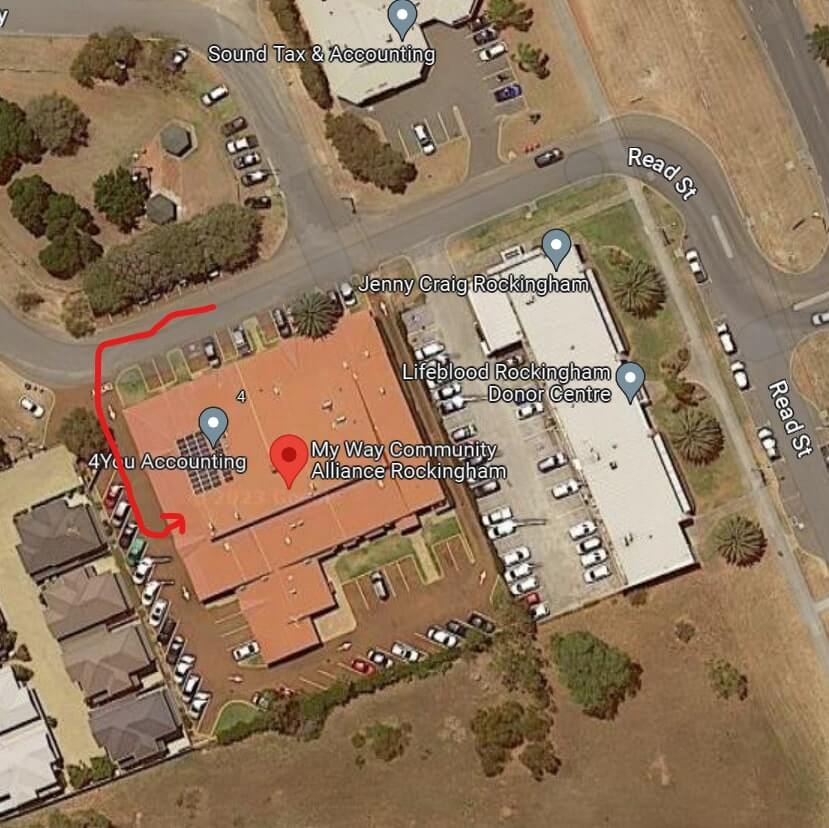Occupational Therapy is a key support under the National Disability Insurance Scheme (NDIS) as well as being part of the Home Care services that support older Australians to overcome challenges and live independently.
Below are the key components of Occupational Therapy services:
Occupational Therapy empowers NDIS participants and Home Care clients by addressing physical, mental, and social challenges through personalised, practical support. From initial assessments to tailored sessions and culturally sensitive care, occupational therapists help individuals of all ages build skills, regain independence, and achieve meaningful goals. Whether you’re mastering daily tasks or adapting to new circumstances, this service helps you live a more fulfilling life.
